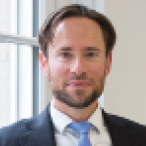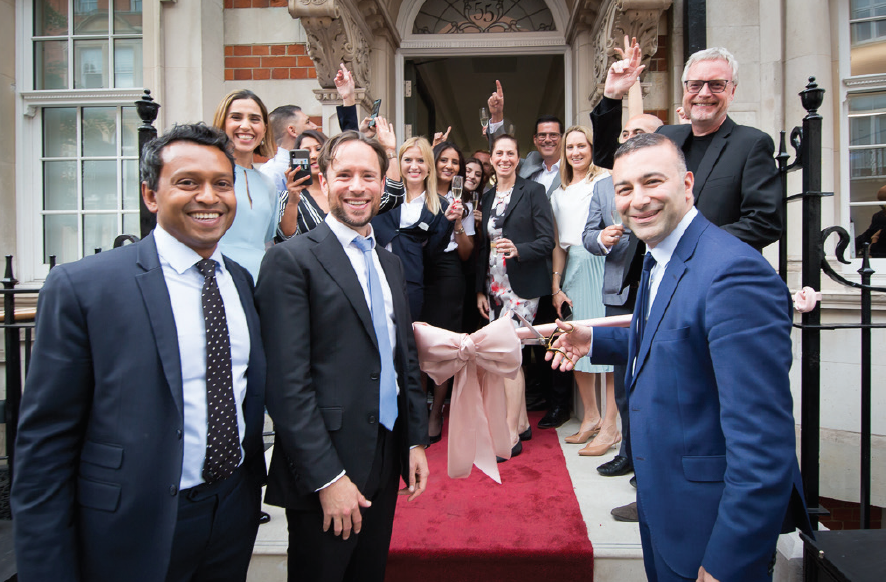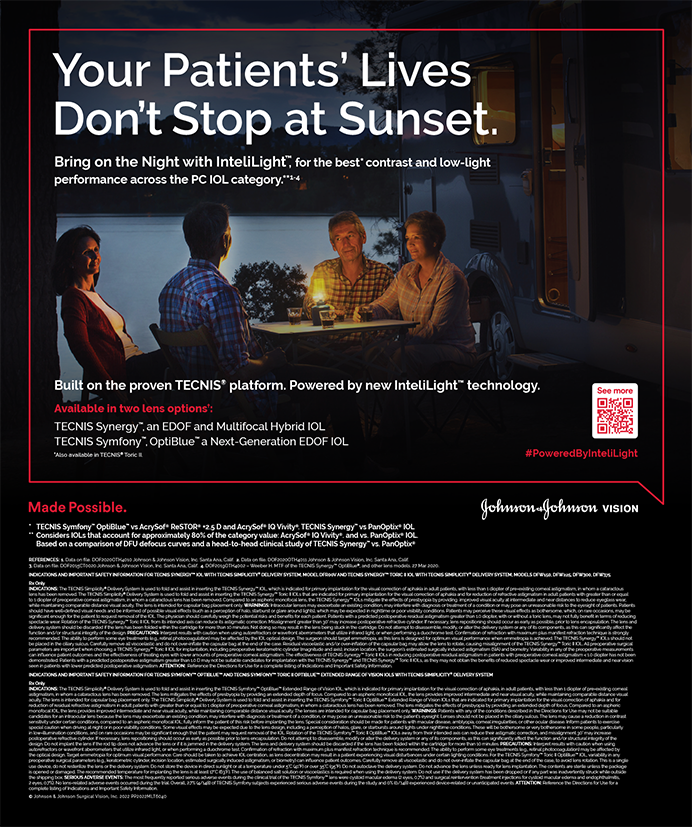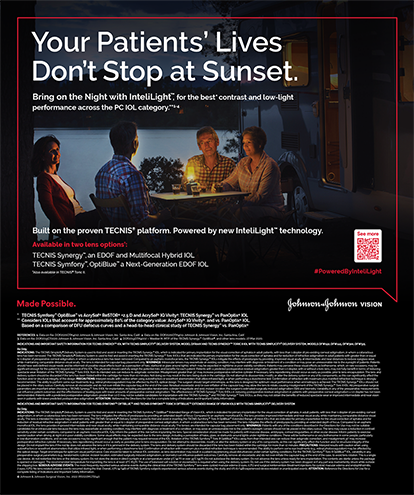
I completed my residency training in the United Kingdom, first at St. Thomas’ Hospital followed by Moorfields Eye Hospital and then the Western Eye Hospital. My fellowship training in cornea, cataract, and refractive surgery took place in the United States at Ophthalmic Consultants of Long Island in New York.
In the United Kingdom, most health care and all formalized residency and fellowship training occurs in the National Health Service (NHS). This system, funded by the UK government, is the seventh largest employer in the world with a workforce of around 1.4 million people. All medical care in the NHS is free to patients, and it is not possible to supplement NHS care with private add-ons. For this reason, almost all refractive surgery, including cataract surgery with premium IOLs, occurs outside of the NHS in the private sector.
PRIVATE SECTOR FUNDING
The UK private sector delivers about 10% of health care by volume of work done, but this percentage is higher for elective specialties such as ophthalmology. This figure also differs by region.
The private sector is funded by:
No. 1: Insurance companies. Individuals or businesses that want this option for their family or employees, respectively, pay yearly premiums to have access to insured private medical care;
No. 2: Self funding. Individuals pay the cost of private medical care when they need it; or
No. 3: A combination of the first two options. Some element of the treatment is not covered or included by an insurance policy, and the patient is permitted to pay out of pocket for add-ons. An example of this is the cost of premium IOLs used during cataract surgery.
PRIVATE SECTOR VERSUS NHS
The care delivered in the NHS and that delivered in the private sector overlap very little except that some individuals work in both sectors. For this reason, exposure to refractive surgery is minimal during UK residency training. As a result, ophthalmologists who desire to specialize in refractive surgery often seek refractive surgery fellowships.
Many managers and nurses and almost all doctors and surgeons in the UK private sector gained their primary experience in the NHS. In my opinion, this makes the commercial environment in UK ophthalmic private health care somewhat immature compared, for example, with that in the United States, where mainstream, high-volume private ophthalmic care has been available for several decades.
It is not essential for private practitioners to work as substantive (ie, permanent) consultants in the NHS, but most consider it advisable to do so, at least initially. Private insurance companies and most hospitals do not recognize consultants who have never held a substantive NHS consultant appointment. Many consultant refractive surgeons in the United Kingdom therefore commit some of their time to the NHS and some to private practice.
PRIVATE SECTOR FACILITIES
US health care has become increasingly more specialized. Most private health care in the United Kingdom, however, is still carried out in private hospitals that normally offer a little bit of everything. For example, cataract surgery can be carried out in an OR that was used the previous day or even on the same day for orthopedic or colorectal surgery. This limits the ability of hospitals to provide a bespoke specialty-specific service, but it also eliminates the cost of having to operate multiple bespoke facilities. Many NHS hospitals also provide private facilities, either onsite or on separate sites. These units often must rely solely on NHS staff who are not always as focused on the patient experience as they might be in the private sector.
There are several specialist refractive businesses in the United Kingdom. Most refractive surgery procedures are performed in high-street chains by surgeons who often function much like employees. They must use the technology and equipment that the management team deems to be the most suitable, and they often cannot make independent decisions such as which IOL to use for cataract surgery or refractive lens exchange. The optometrist often does the patient workup and sometimes makes the surgical decisions, and the surgeon meets the patient on the day of surgery. Surgeons are paid a fee per procedure.
OCL VISION
My partners and I formed OCL Vision (Figures 1 and 2), a surgeon-owned partnership, to address what we consider to be deficiencies in existing private ophthalmic care in the United Kingdom and to try to raise the bar in patient care. Each partner had already established a successful solo private practice. We were all paying, however, for the use of facilities elsewhere and did not have full autonomy regarding how we were able to treat our patients and run our practices. We also felt limited in what we could spend on our facilities and technology.

Figure 1. The flagship location of Ophthalmic Consultants of London.

Figure 2. The directors and cofounders of OCL, from left to right, Romesh Angunawela, BM, MD, FRCOphth, FRCS, Cert LRS, Dr. Barsam, and Ali A. Mearza, MBBS, FRCOphth, during the ribbon-cutting ceremony for their refractive surgery center.
Since forming OCL Vision, we have built exceptional management, administrative, and clinical teams around us who share our vision. We believe that providing holistic eye care requires having separate consultant specialist experts in fields of ophthalmology outside of refractive surgery such as retina and glaucoma, and we have incorporated this into our practice. Further, we challenge each other daily to keep improving the care that we provide to patients. Our dream is to make this model of care accessible to as many patients as possible.




